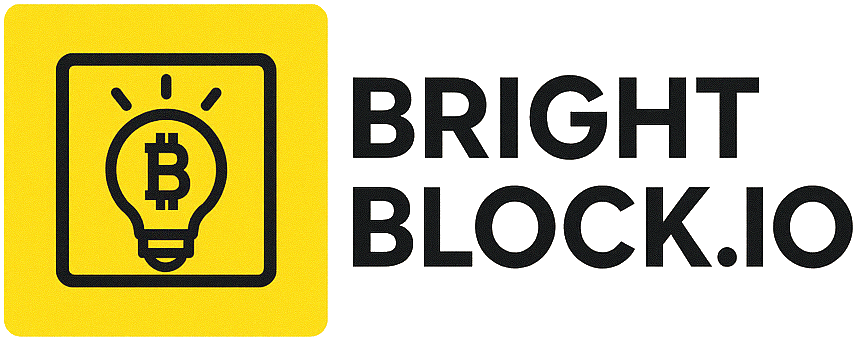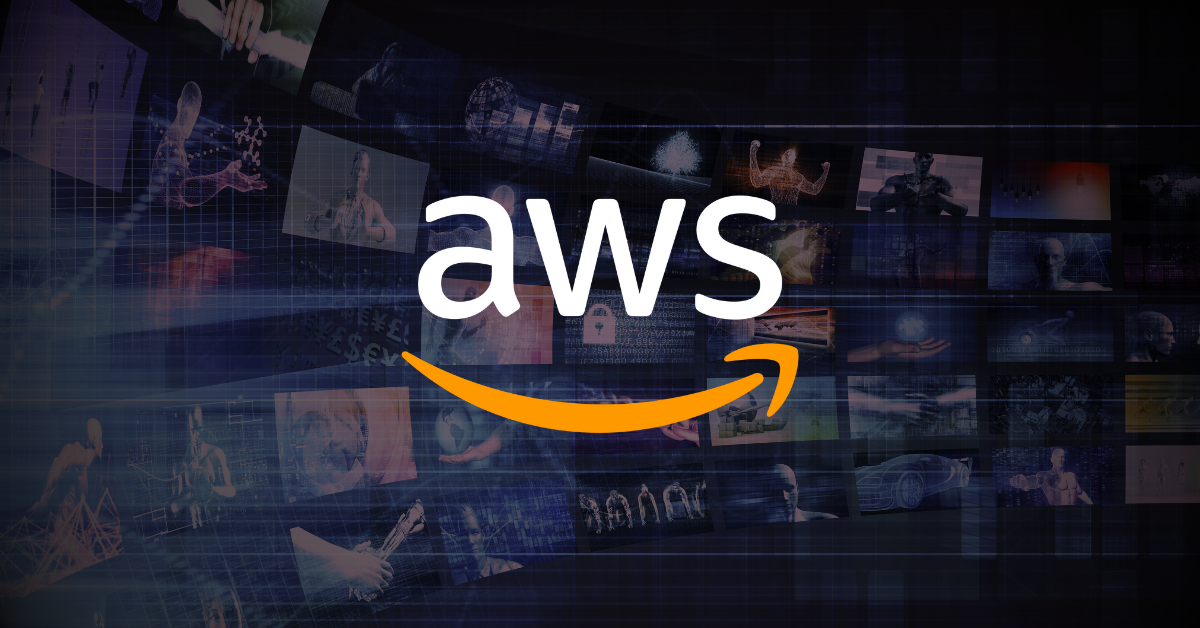Key Takeaways
- A major Amazon Web Services (AWS) outage crashed the Coinbase mobile app and also caused trading delays on Robinhood.
- This is the second major AWS outage this year, pointing out the dangers of relying on a single point of failure in centralized cloud infrastructure.
- The failures have spurred renewed industry calls and development efforts toward robust, decentralized cloud alternatives.
Consequences of the AWS Outage on Major Trading Platforms
Did you try to use Coinbase or Robinhood earlier this week? You likely ran into a wall. A massive data center outage in Amazon Web Services (AWS) hit its Northern Virginia region, which is essentially the cloud backbone for huge chunks of the internet. The result? Total chaos.
AWS reported “increased error rates and latencies,” which was a nice way of saying the Coinbase mobile app completely crashed, locking out users who couldn’t log in, place orders, or access their withdrawals. Even Coinbase’s Base app was knocked offline in the digital domino effect.
Robinhood users weren’t spared, either. They reported trade execution delays and major API issues. This incident, the second big AWS crash in half a year, tells us one thing clearly: the financial industry is far too dependent on a few centralized cloud giants.
Why Is Crypto Still Relying on One Giant Company?
Let’s face it: Centralized crypto exchanges like Binance, Coinbase, and Kraken run on AWS’s cloud, relying on it to handle their huge transaction volumes without lag.The major irony? When one AWS region glitches, a huge slice of the “decentralized” digital economy freezes up instantly.
The latest crash has absolutely intensified the question of why a high-volume financial sector that preaches decentralization is still chained to a single, centralized corporate system.
The answer, advocates argue, is to actually build what we preach. They see Decentralized Cloud Computing as the way out, because it perfectly aligns with the industry’s core philosophy. Instead of one server farm, data storage and processing are spread across countless global nodes. This setup is key to eliminating the single-point-of-failure risk that took down Coinbase and Robinhood. When the network is this distributed, it becomes far more resilient to almost any disruption.
Decentralized Cloud Alternatives
Systemic cloud failures are pushing a new wave of Web3 projects to develop robust, blockchain-native infrastructure. The Vanar Chain Layer-1 blockchain is one key developer, focusing on decentralized storage and processing. Notably, it introduced Neutron, an AI-native layer that allows for full on-chain file storage with high data compression, effectively removing external third-party dependencies.
- Internet Computer (ICP) Protocol: Think of them as the comprehensive decentralized cloud, handling everything from your basic computing needs to hosting and data storage on a global scale.
- Filecoin: They’re the storage experts, offering peer-to-peer data solutions that keep your files decentralized.
- Akash Network: Need horsepower? Akash provides decentralized computing resources, letting you tap into shared processing power.
- Render Network: For high-demand tasks like graphics or AI, Render gives you decentralized access to powerful GPU processing.
It’s this collaborative, multi-faceted approach that makes them so valuable. By working together, these networks are creating an internet infrastructure inherently designed to shrug off the “single-point-of-failure” crashes caused by relying on just a handful of huge, centralized corporations.
Final Thoughts
The message from the AWS outage couldn’t be clearer: centralized infrastructure is simply too fragile for high-stakes trading. These repeated crashes make the case for decentralized cloud solutions, which come with built-in redundancy and eliminate that single point of failure, absolutely undeniable.
Frequently Asked Questions
Which financial services were most impacted by the outage?
Coinbase’s mobile app crashed completely, and Robinhood experienced delays and technical issues with its trading API.
What is the main risk of using centralized cloud services like AWS?
The main risk is creating a single point of failure, meaning an outage in one location can paralyze essential services for hundreds of global companies simultaneously.
What is a decentralized cloud alternative?
Projects like Internet Computer, Filecoin, and Akash Network distribute data and computing across numerous nodes globally to ensure higher uptime and eliminate the single point of failure.






